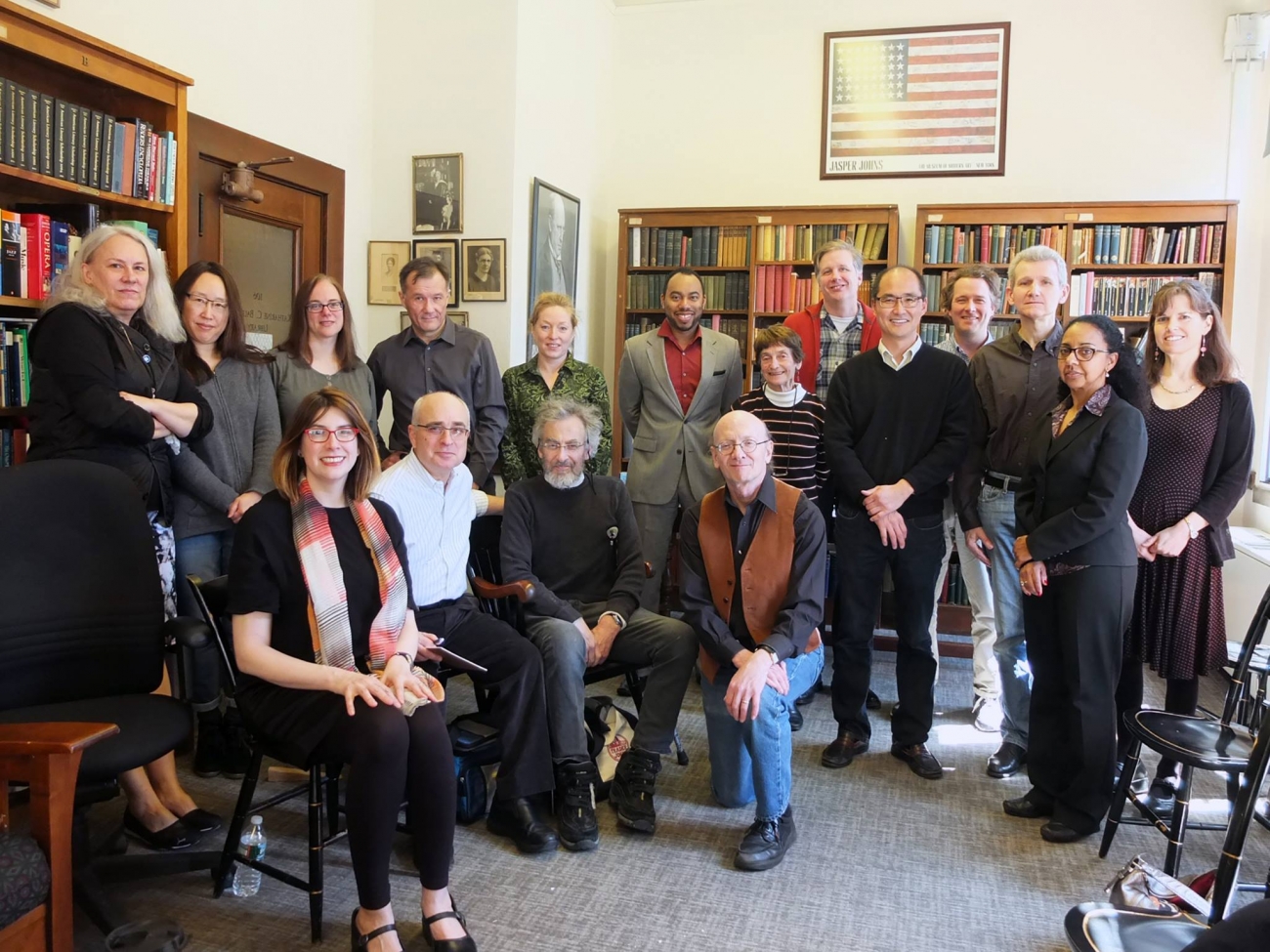
It's never too early to speak with an advisor in the department, whether you're thinking of majoring in English, or just want some help in choosing a course for the coming semester.
We have a pre-major advisor available to speak to first-year and sophomore students who are considering a major (or minor) in English. You can find out the name and the office hours of the pre-major advisor by consulting Lisa Easley in Founders 103. If you've taken an English course and have already established a relationship with a professor, it's certainly appropriate to approach him or her with any questions you have about courses or requirements. And of course, if you're putting together your schedule and want more information about a particular course, you can speak to the instructor.
 The Role of the Advisor
The Role of the Advisor
An advisor helps a student to put together a coherent program of study within (and around) the major (or minor), a program that combines the student's interests with the department’s requirements. But an advisor also can help a student think about studying abroad or enrolling in summer school, working with a department tutor, doing an honors thesis or other independent work, choosing courses outside the major that will enhance learning within the major, applying for departmental prizes, pursuing intellectual interests outside of coursework--and more.
Every member of the English Department serves as an advisor. A student may choose her own advisor. In order to aid students in making a useful match, brief descriptions of faculty members’ areas of interest and scholarly work appear in the department's course description booklet, and can also be viewed on this website by clicking here.
As you're thinking about your major or minor, read through the department's course description booklet (or consult the online course descriptions here). Work out a tentative plan for your major, or just think about what you're most interested in, and how you might fulfill the department’s requirements. Try to choose and meet with your advisor as soon as possible. The advisor’s signature must be on the Major Declaration form.
Frequently Asked Questions
Q) Where's the department office? Where's the "Common Room"?
A) The department office is in Founders 103, the Common Room is Founders 106. All students taking English courses--not only majors--are cordially invited to use our Common Room, which contains a small library.
Q) Does the department grant credit for Advanced Placement courses?
A) The English Department does not grant credit toward the major for AP courses taken in high school. AP English courses count toward the total of 32 units required for graduation, but not for English Department credit.
Q) How do I choose an advisor?
A) It can be useful to choose a faculty member who teaches in the area of your particular academic interests. If you're particularly interested in Medieval poetry, for instance, or Victorian novels, you might want to choose an advisor who teaches and studies those subjects. But it's by no means essential that your advisor share your specific interests; if you've already established a good working relationship with a member of the faculty, it's perfectly appropriate for that person to serve as your advisor, if he or she is available, regardless of his or her field of expertise.
Q) How do I receive credit for courses taken at other colleges or universities?
A) Courses taken at other institutions (including summer school courses) must be approved by the Chair; major advisors cannot grant this approval.
Q) I'm interested in teacher certification. How do I pursue that interest?
A) Students interested in obtaining certification to teach English in the Commonwealth of Massachusetts should consult with the Chair of the English Department and the Chair of the Department of Education.
Q) What should I do if I'm considering graduate school in English?
A) The department has a graduate school advisor; check with Lisa Easley in Founders 103 to find out the name and office hours of the graduate school advisor. Speak to your major advisor as well about your interest in graduate school. Students who are planning to attend graduate school should take English 382, Criticism, and should ordinarily plan to acquire a reading knowledge of two foreign languages.
